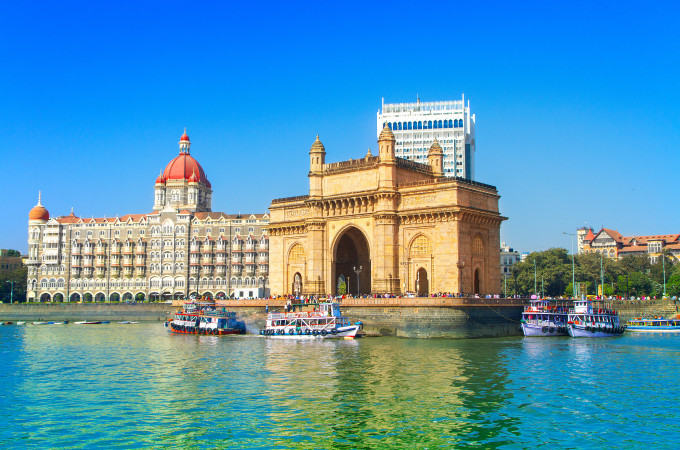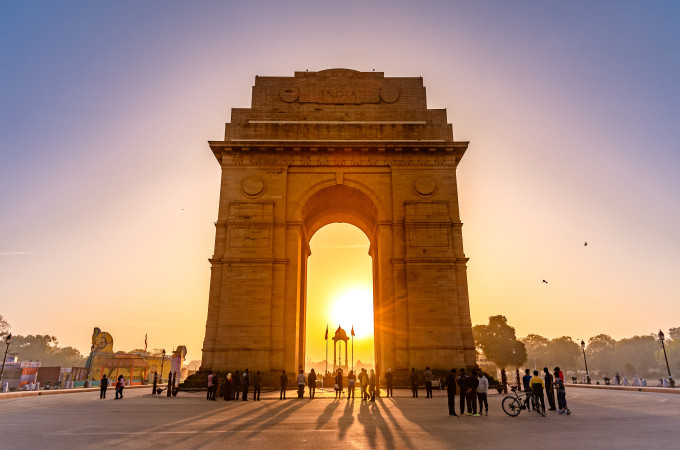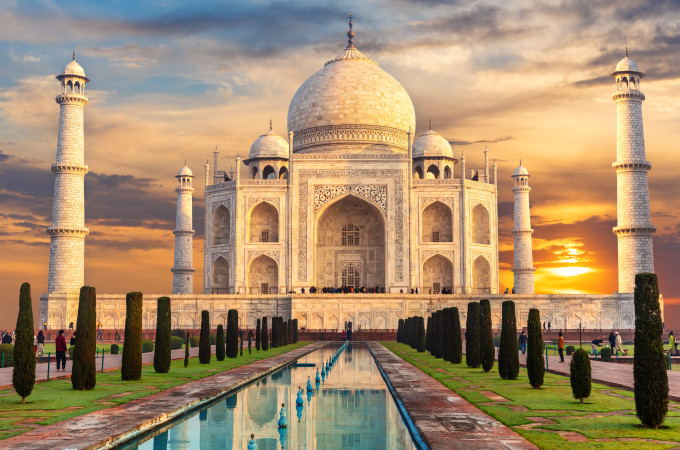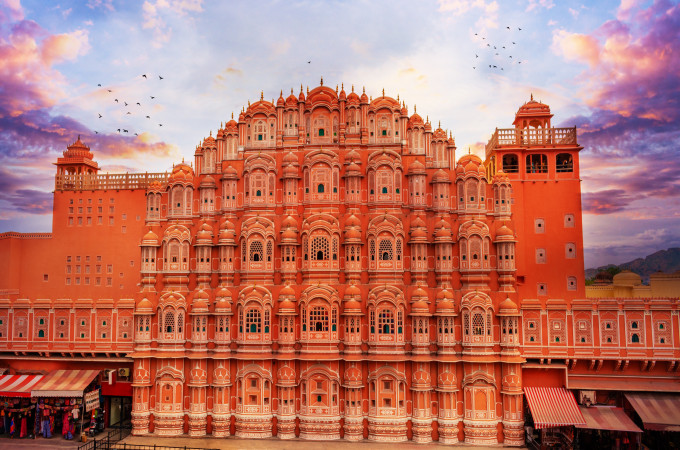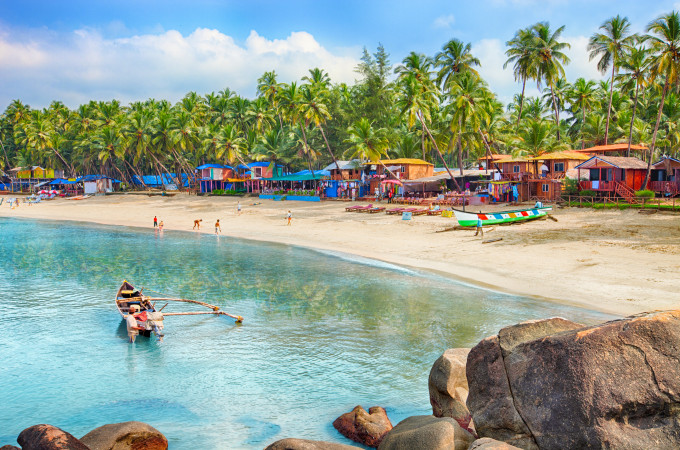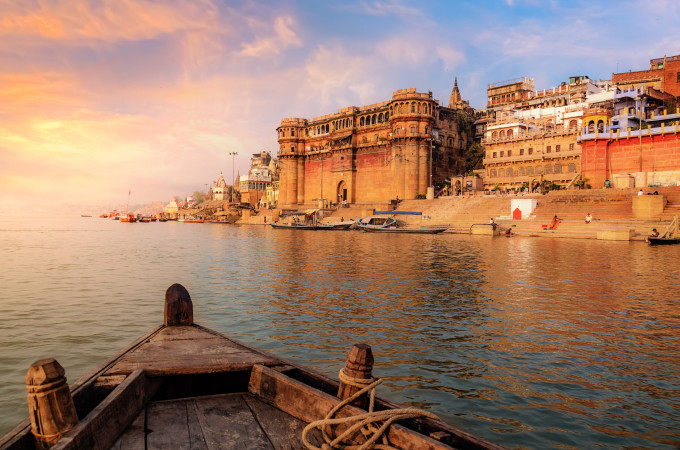Dos AND DON’TS OF TRAVELLING IN INDIA
If you are planning to travel to India soon and feel anxious or jittery about what to expect, here are some useful “DO’S & DON’T’s OF TRAVELLING IN INDIA” that will come in handy and make sure that you and your loved ones stay safe.
Do’s Of Travelling In India
Pre-Travel: Preparing For Travel
- Be sure to make photocopies of all important documents like your passport, visa, travel insurance and driving license, etc,.
- Saving scanned photos of all these documents on your smartphone (or online sources like Google Dropbox or Apple iCloud) is also a good idea. These will come in handy if you lose your original documents.
- Keep a printout of all emergency numbers (like Police Helpline, Rescue services etc).
- India is a tropical and sub-tropical region. Before travelling to India, book an appointment with your physician and tell them about your plans. They might prescribe certain precautionary vaccines, medicines or shots to make sure that your travel experience remains hassle-free.
- Call your bank before you travel to India and inform them about the dates you will be in India. ATM cards/Debit/Credit Cards (Master, Visa etc) can be used everywhere to withdraw money or make payments but sometimes your bank may withhold authorization if you have not informed them.
- Make sure your passport has more than 6 months time to expiry from the date of your arrival in India. This might cause you problems at the immigration if the time period is less than 6 months. Also, be sure to check that your passport has at least 2 blank pages for stamps at the immigration.
- Veteran travellers to India advise packing some charcoal tablets (to take after meals) to keep your stomach steady in India.
- Throw in some sunblock and mosquito repellent spray.
On-Arrival In India
- If you are carrying major currencies like dollars, Euros or Pounds, they are easily exchanged on arrival at the airport. You can also talk to your hotel or tour operator to exchange money for you. (Do check the interbank and Intermarket rates for your respective currency on the said date)
- Talk to your hotel or tour operator to arrange transfers from the airport.
When In India
- Learn a few commonly used Indian phrases like Namaste (Hello/Greetings), Dhannayvad (thanks), Kitna Paisa Hua (How much does this cost?). These words go a long way while you are shopping or exploring new places. They put smiles on the faces of locals and put them at ease.
- Carrying a small bottle of hand sanitizer and a mini pack of tissues is an essential requirement in the post-Pandemic world.
- Always carry a water bottle and stay on bottled water. Strictly avoid tap water.
- It is advisable to PRE- BOOK or hire taxis from prepaid booths or registered taxi services. If you ever end up needing a taxi or local transport on the go, insist on paying by the meter or negotiate a fixed price before entering the taxi so you won’t get fleeced.
- For extra safety and peace of mind—and, if you are travelling with family and kids— prefer booking taxi services through your tour operator.
- India is extremely safe for travel. Relax and enjoy your time in India. But also do observe basic personal safety measures that you would travelling anywhere else in the world.
- Take it easy when you are new to India. For the uninitiated first-time travellers to India, the onslaught of sights, sounds, noise, colors and emotions can be quite overwhelming. Give the culture shock a few days to sink in.
- When you are in India for a longish tour and looking to travel all major parts and must-see attractions in India, be sure to take small strategic breaks to replenish yourself and start afresh. We recommend some “me time” at a posh spa or Ayurveda-inspired retreat in the Indian South (Kerala) or in the Himalayas (Rishikesh, Uttarakhand). Travel burnout is real. India is too immense, you can’t see it all in one go.
- There will be noise wherever you go in India. You are going to have to get used to it.
- Do not leave your luggage unattended on trains or buses at any time.
What To Wear In India
- India is no rigid theocracy. You are not forced to dress or cover up a certain way, but it is still a very traditional and conservative country. Dress appropriately is prudent. A pair of trousers/jeans with a long shirt (and a light-fabric scarf for visiting sacred places like temples, mosques, and Gurdwaras) is the way to go. You will also be required to take off your footwear when entering the inner sanctums of these sacred spaces.
Beware Of Scams, Tourist Traps And Con Artists
- Indians are friendly and chatty. You might get pleasantries like asking you how you are doing, and whether you are liking it here. Do not deny yourself these little human cultural exchanges that mean well and come from a good place in their heart but be wary of “overly friendly strangers” (locals as well as supposedly tourist strangers).
- If you get approached out of nowhere with offers and experiences that are too good to be true (like a party or “trip of a lifetime”), do not fall for it. Do not lower your guard. Be polite but also be firm. Say “No” when you have to. Trust your instinct.
- Spontaneous fun, going “with the flow” and serendipity are all good, but it is also wise to pre-plan your daily and weekly itineraries (vis-à-vis things to do, must-have experiences, and places to see). If you do not do it and go with the flow instead, chances are you will miss out on a lot of things. And, you will realize that only after the fact.
Inter-Regional Travel In India
- When you travel from one region in India (like say Delhi or Rajasthan in North India to Kerala in South India) the cultural, linguistic and social context may change significantly. The change is not very drastic or confusing, but it is still advisable to read up about the region you are travelling to. (Please check out our Pages for each region in India to get a sense of each region).
- Before travelling to a certain region, do a quick online search about the latest geopolitical situation or prevalence of any endemic or infectious diseases.
Shopping In India
- Learn to haggle and bargain. The first price you are given is never the final price. Start with a lowball. Usually around half or two-thirds of the price you are quoted and then try to meet the shopkeeper somewhere in the middle.
- Avoid street salesmen or touts when you are approached by them. Walk to a legit shop instead.
Don’ts Of Travelling In India
Now that we have given you a list of the “Do’s” of travelling in India, let’s now look at some of the “DONT’s of Travelling in India.”
Don’t worry. There aren’t that many of them.
Religion, Gurus, Spirituality, Scammers And Crooks
- India is a land of spirituality, yoga and meditation. Home to spiritual gurus or enlightened Rishis, India is the place where people come to seek healing and peace.
But caveats apply. There are crooks and con men masquerading as Gurus as well. No need to fall for such people. Do not fall for any magic potions or secret life-changing quackery solutions from godmen and self-ordained saints.
- But that being said, be extremely respectful when visiting sacred places like shrines, temples, mosques and Gurudwaras. Take your shoes off. Cover your body and do not be loud.
- Beware of Scams. Like all major tourist destinations in India, there are tourist “scams and traps” in India as well. Be firm in refusing offers and saying no. Remember this maxim, “if it sounds too good to be true, then it probably is.”
- Never buy rain or air tickets from unauthorized individuals.
Food And Eating
- Go easy on the spices. Especially when you are new to India. Indian spices are amazing. They are the magic behind the taste and aroma of the delicious cuisines in India, but if you come from a part of the world where these herbs are not used in the cooking processes, your stomach might need some time to get used to them.
Tell your waiter or server to serve you milder options. Good restaurants are used to serving a global clientele, so they know. You just have to tell them.
- Avoid tap water. Always drink bottled water or packaged mineral water.
- Avoid raw foods such as salads, and cut fruits sold on the streets as they may be contaminated.
- Avoid fresh fruit juices on roadside carts and food stalls. The fruits may look fresh but the water used to wash them or make your drink may be contaminated. Prefer bottled drinks.
Your Personal Space
- Sometimes, your personal space is not always your personal space in India. In queues and lifts, there will always be jostling and stepping on toes. You will occasionally be asked questions that might be considered intrusive in the Western tradition, but are perfectly normal and commonplace in India.
You might find that odd but know that people mean well and they just want to talk. So, if you are asked if you have a spouse, girlfriend or boyfriend, or kids (and if you are married or in a partnership, whether you are planning on making babies), know that it is just normal in India and people mean well.
Miscellaneous
- Try not to eat with your left hand. It is considered bad manners to eat with your left hand in India.
- When you are visiting somebody’s home, take your shoes off when you are indoors. Unless they tell you specifically to not take your shoes off, you are expected to take them off.
- Don’t overpack clothes. Save yourself the trouble. Clothing in India is very affordable. T-shirts, jeans or other items do not cost a fortune, so if you miss packing anything, it is not a big deal. You can get a decent piece for 7-15$.
- Avoid touching or physical contact (like a hug or friendly kiss on the cheek) with the opposite gender when interacting with the locals. Men should avoid shaking local women’s hands and should just say Namaste instead (unless they are offered to shake hands).
 Skip to main content
Skip to footer
Skip to main content
Skip to footer
